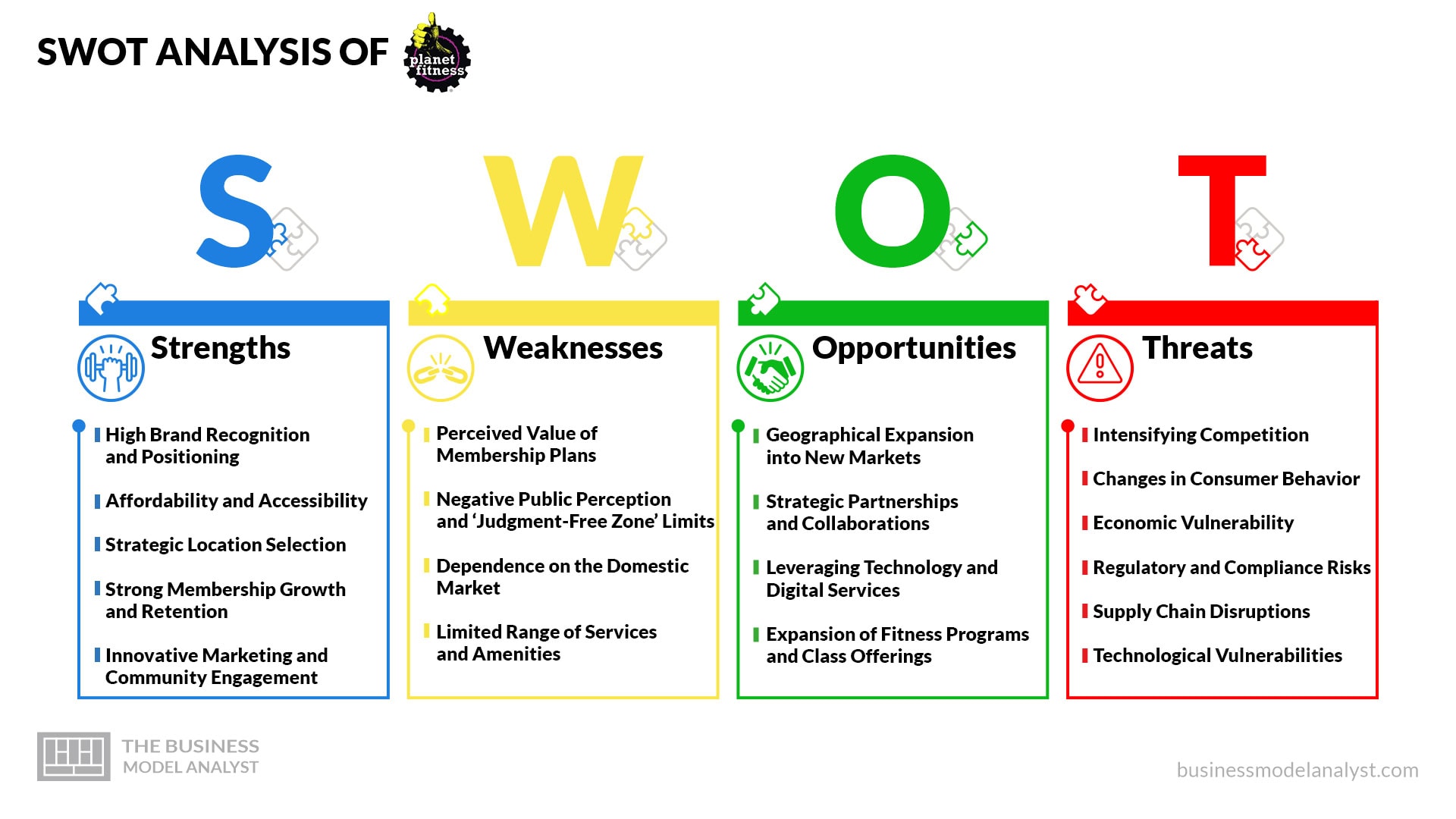Shopping
Walmart And Amazon Are Rolling Out AI Shopping Assistants For Holiday 2024

“Retailers who get search and product discovery right have an opportunity to capture both mindshare … [+]
Of all the ways artificial intelligence (AI) can improve retailers’ performance, perhaps the one that offers retailers the greatest promise is putting the power of AI into shoppers’ own hands as a personal shopping assistant.
However, retailers prioritize backend operations over the front end customer-facing side when it comes to implementing AI, according to a study by Colliers U.S. Research.
Looking out over the next five years, some 63% of retailers said AI will have the greatest impact behind the scenes, while only 24% view the front end as delivering the greatest benefit and a mere 12% think the impacts will be felt on both sides.
Even if many retailers are slow to catch on to AI’s benefit at the front end, shoppers are finding workarounds. A recent survey among 1,000 U.S. shoppers by Future Commerce in partnership with Bloomreach found that 42% have incorporated ChatGPT into their shopping process.
“The real value of AI-powered shopping assistants isn’t in the convenience they offer, but in the power to curate experiences that feel deeply personal,” Bloomreach CEO Raj De Datta shared with me, though solving the “paradox of choice” problem is a great convenience.
“These assistants can engage in a conversation about your style and needs, learning and adapting with each interaction. This level of personalization is truly consequential. It’s bringing the in-store experience online and ultimately redefining what it means to shop,” he continued.
These consequential benefits haven’t gone unnoticed by the nation’s number one and number two largest retailers – Walmart and Amazon respectively. Both are deploying AI shopping assistants this holiday season to improve the shopping experience for their customers.
Once the holiday retail results are tallied, the entire retail industry will learn just how impactful AI can be as a shopping assistant based upon the results from these two retailers.
With modest 2.5% to 3.5% growth projected by the National Retail Federation for November-December retail sales this year and five fewer prime shopping days to boot, Walmart and Amazon are out ahead of the competition in deploying AI to benefit their customers, which will ultimately benefit their top and bottom lines in a holiday shopping season that promises to be challenging.
Walmart Opens GenAI Online Shopping Assistant
Earlier this year Walmart announced a beta test for its GenAI-powered shopping assistant on its mobile app. Now it is being deployed across both Walmart.com and the app to to make for faster and more convenient holiday shopping.
AI is powered up when customers enter the platform to anticipate their preferences, predict the type of products they would be most interested in and present them with gift items and special deals based upon those preferences.
In addition, the search bar now supports natural language processing to enhance the search function. For example, a search for “gift ideas for 10-year old boys” presented a list of selections noted as “Generated by AI” and it kept learning so that a search for “better gift ideas for 10-year-old boys” yielded refined gift selections.
“A standard search bar is no longer the fastest path to purchase,” said Suresh Kumar, global chief technology and development officer, in a statement. “Rather we must use technology to adapt to customers’ individual preferences and needs.”
Walmart is also offering GenAI-powered product reviews, product summaries and comparisons to improve customers ability to make informed purchase decisions.
Going forward, Walmart plans to customize the home pages for each customer, which promises to provide a more personalized shopping experience for each.
Described as being a virtual “store designed exclusively for each customer,” Walmart expects to launch customized home pages in the U.S. by the end of next year.
Walmart Leans Into Online For Holiday
Walmart has packed its holiday shopping calendar with multiple events to get more customers engaged online to try the new AI features, as well as to draw them to the store. Deep discounts will be offered on items from leading brands, including Apple, Samsung, Xbox, Beats, Barbie, LEGO, Dyson, Reebok and Levi Strauss.
Online customers get a jump on Black Friday with deals starting November 11, Veterans Day, with similar pre-Black Friday deals in store on November 15.
Then a second Black Friday event will drop online on Monday, November 25 with in-store deals following on Friday, November 29. Cyber Monday, December 1, will be devoted exclusively to special online deals.
Walmart is obviously favoring online customers this season to maximize learnings from its AI initiatives.
Amazon Unleashes ‘Rufus’ Shopping Assistant
Amazon may be behind Walmart in size, but it is ahead in implementing AI features for its customers. Like Walmart, it released its AI-shopping assistant in beta mode earlier this year to select customers on its mobile app.
The shopping assistant is called ‘Rufus’ in honor of Amazon’s much-loved pet Welsh corgi that passed away in 2009. Rufus is now rolling out to all online and mobile app customers in time for the holiday season.
Customers access it by clicking the Rufus button on the home page banner and a chat window opens up on the left side of the screen for customers to start a conversation with Rufus.
Rufus Is More ChatGPT-Like
Unlike Walmart’s AI feature that engages in the search bar with a small note that tells customers their selections were generated via AI, it is clear to customers that they are interacting with Amazon’s AI shopping assistant. Engaging with Rufus is familiar to those who have used ChatGPT. Amazon’s search bar still functions as always.
Rufus is more than a tool to aid product selection by occasion or product category, though it does that very well. It answers questions: “What should I consider when buying XYZ-type of product?” or “How do I get started doing ABC project?”
After the answer, it presents alternative questions to drill down to more specifics or explore related topics. Customers can also ask their own follow-up questions. Product selections are offered at the end of each step in the process.
And once you’ve refined your search and clicked on a product or two, Rufus will continue to engage providing detailed product answers from the product listing, customer reviews and the community Q&As.
I tried Rufus for a number of searches and found it “sticky,” the highest compliment to be paid to an online experience. It takes online shopping to a whole new level of engagement beyond finding products and conducting transactions.
Bloomreach’s De Datta sees Amazon Rufus as paving the way of AI’s future in e-commerce retail.
“Amazon has long served as a model of what e-commerce looks like for consumers,” he said. “As shoppers get comfortable engaging with Rufus, we can expect them to be seeking out that same type of experience anywhere they shop.”
Online Shoppers Need More Help
Constructor, an e-commerce consultancy providing AI solutions to enhance search and product discovery, recently conducted a survey among nearly 900 U.S. and U.K. online shoppers and found that over two-thirds believe the search function on retail websites needs an upgrade.
More than four in ten shoppers (42%) give the retailers’ search function a “C” grade or lower. Only 14% rated retailers’ search and product discovery experiences an “A.”
“Shoppers are clear about what ‘better’ looks like for search and product discovery,” Constructor’s report authors write. Better includes “personalized journeys, search results that match intent and the ability for shoppers to search like they speak – in natural language and complete sentences.”
Based upon the survey results, shoppers are open to retailers implementing AI capabilities to improve their experiences, including 42% who want AI-based search bar, as Walmart has implemented, or to go further, like Amazon’s Rufus, to guide them along their online shopping journey.
Constructor concluded: “For consumers, the amount of time and money they spend shopping online hasn’t dropped over the past year; in fact, data shows they are spending more.
“So, retailers who get search and product discovery right have an opportunity to capture both mindshare and wallet share – creating sticky experiences that make their brand a destination of choice.”
See Also:









